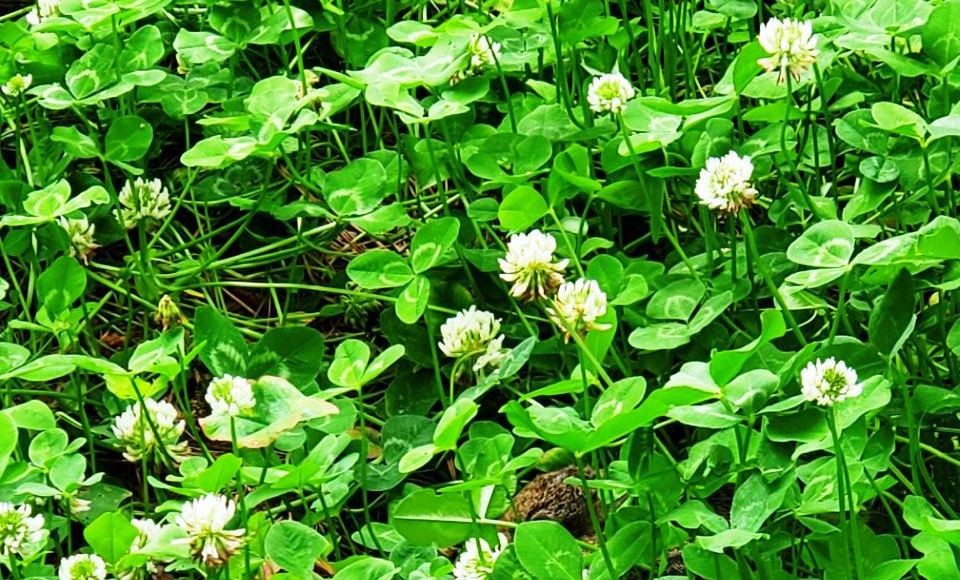In the book, Farmers of Forty Centuries, ancient Chinese farmers categorized soil not as 'good' or 'bad', but by how much labor is required to make it fruitful. One must learn how to distinguish between fertile and infertile soil, or we will not be able to do much good with either.
When considering one's garden - or the quality of one's life - seek to avoid condemnation. Try not to judge one soil as 'bad' and another as 'good', but rather recognize that one is fertile and another is barren.
Fortunately, in a garden, turning over an area will tell you plenty. Is is hardpack clay, or very sandy? How well does it drain or retain moisture? Is it Ph neutral, being neither acidic, nor too alkaline? Lives, too, can reveal themselves to simple questions like these, as long as they are chosen for insight.
Soil fertility may also not be well revealed by whether plants show life. If a plant is in the wrong space, it will do poorly. Something that needs full sun planted in the deep shade of the understory of a wood is unlikely to do well. Fertile soil is needed for a thriving garden, but a square peg in a round hole - to mix metaphors - won't work, either. We need soil with good tilth, but to that, we should be choosing wisely what to plant.
So too with us - habits in our lives are little different from practices that build soil to support healthy life. What do we do for ourselves like adding compost every year, or pruning to allow for fresh growth to flourish?
The idiom, 'the best time to plant a tree was 20 years ago; the next best is today', illustrates both the immediacy needed to develop a garden, as well as the patience. For a fruitful garden, action is needed today and each day until the space is lush and inviting.
Farmers of Forty Centuries - For thousands of years, using organic methods, Asian farmers have worked the same fields repeatedly without sapping the land's fertility and without using artificial fertilizer. How they accomplished this miraculous feat is described by author Franklin Hiram King, a former official of the U.S. Department of Agriculture, who traveled to Asia in the early 1900s to learn how farmers in China, Korea, and Japan were able to achieve successful harvests century after century without exhausting the soil — one of their most valuable natural resources.

Comments are moderated
We encourage comments on articles and genuinely enjoy hearing from our visitors. However, please note that all comments are moderated and and will not immediately appear after you click SEND - so it is not a bug in the system that your comment isn't immediately visible.
Only after Rugged Weeds has reviewed a comment will it be published, should we choose to do so. We reserve the right to not publish comments if they may negatively affect other visitors' experience to this site or understanding of the topic at hand. Thank you.
For people commenting on gardening or therapeutic horticulture posts, please consider including your USDA zone or the temperature range into which your garden falls.
Subscribe
Report
My comments